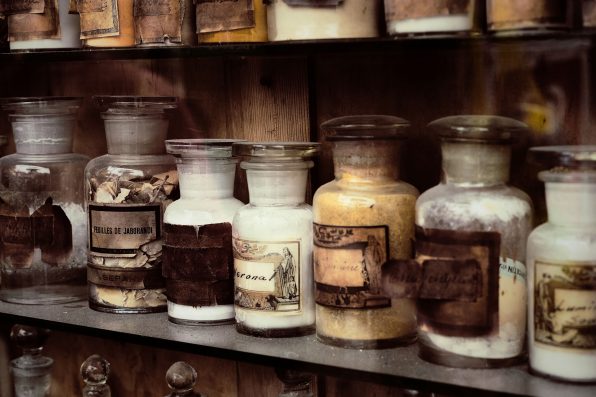At the University of Lisbon, a well-preserved human head in a glass jar sits up on a shelf, where it can easily be observed by anyone who happens to enter the anatomical theater.
But whose head is it? The head belongs to Diogo Alves, who is known for being the first serial killer in Portugal and the last man to die by hanging. However, those claims are only half true.
Diogo Alves was born in 1810 in Galicia. He traveled to Lisbon during his youth to work as a servant for the wealthy. Soon, he realized that he would earn more money if he turned to a life of crime.
So, from 1836 to 1839, he would prey on people traveling along the Aqueduto das Águas Livres (Aqueduct of the Free Waters).
The aqueduct was 0.62 miles long, and it provided a passageway for people like farmers to get to the city, where they would sell their produce. It was also 213 feet high. Alves would lie and wait for the farmers to make the trip home, steal their money, and shove them over the edge to their deaths.
During the three years he worked at the aqueduct, he conducted 70 robberies and murders. He was never apprehended by the police since the deaths were ruled as suicides. After moving on from the aqueduct, Alves’ crimes started to escalate.
He formed a gang and broke into people’s homes. One day, he broke into a physician’s house and murdered everyone inside. The police finally caught him and sentenced him to death by hanging in February 1841.
Alves was not the last man to be executed in this manner. Between 1842 and 1845, at least six more individuals were hanged. In 1867, Portugal banned capital punishment. Alves was also not the first serial killer in Portugal. A woman named Luísa de Jesus was actually the first.
She was a resident of Coimbra and confessed to murdering 28 newborns she took from the local foundling wheel, which was a space for women to leave unwanted babies anonymously.

Sign up for Chip Chick’s newsletter and get stories like this delivered to your inbox.


